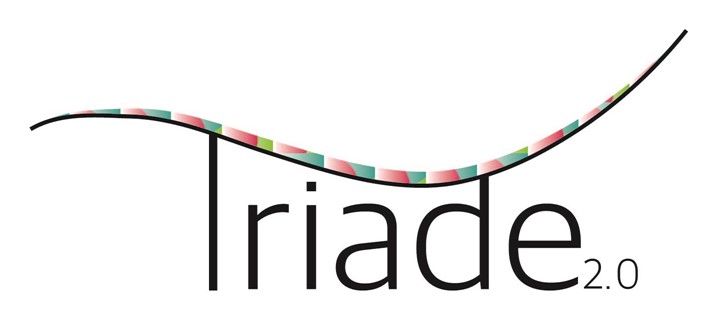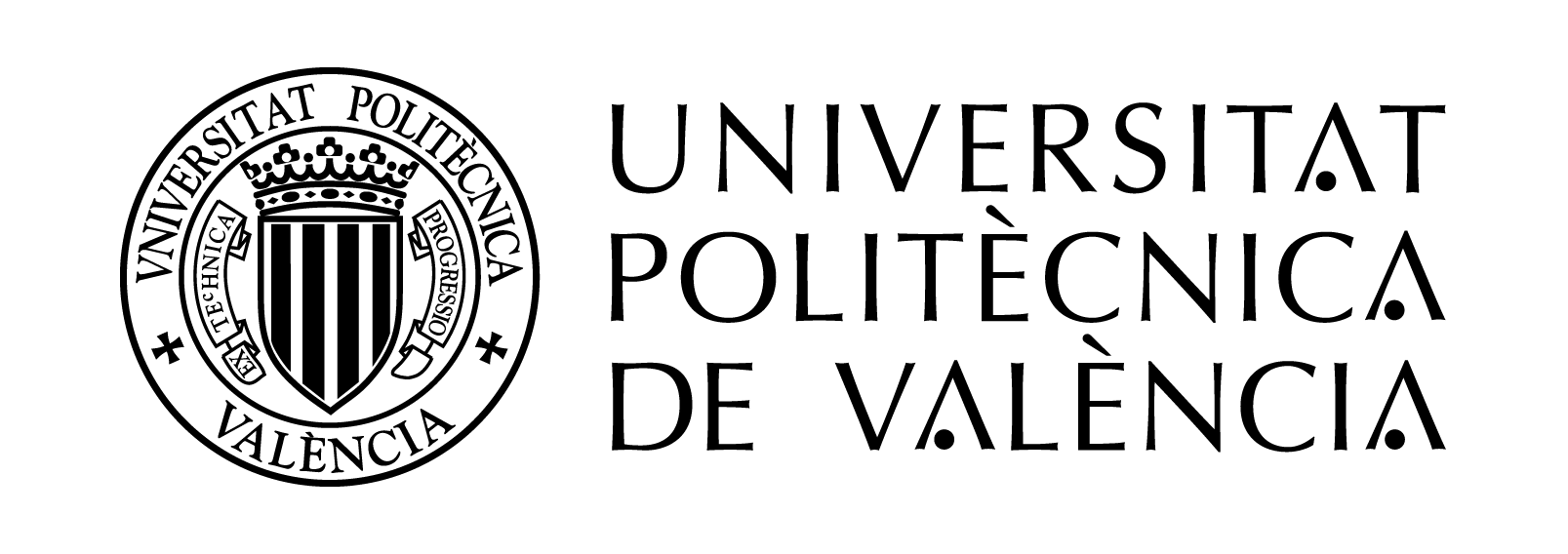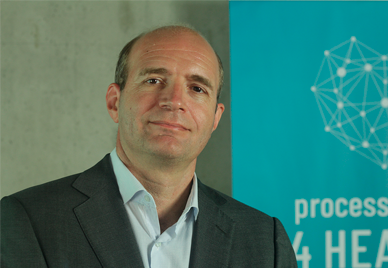
The number of elderly (aged 65 and above) will almost double, rising from 85 million in 2008 to 151 million in 2060 in the EU. One of the greatest social hurdles the EU will face in the next few years is population ageing. As the World Health Organization highlights, the vulnerability to which elderly people are exposed will increase if age-related conditions are coupled with intellectual disabilities.
Thanks to the progress made in the field of medical research, people with disabilities have now the tools to live longer. The expectancy of life of adults with intellectual disabilities (AAWID) is reaching to adults with no disabilities. Since national health and social service provision in the EU is not always adequate to respond to AAWID’s specific needs as they age, the TRIADE 2.0 project aims at promoting and enhancing the social inclusion of a new target group within society: ageing adults with intellectual disabilities (AAWID).
To tackle the oncoming challenges of AAWID, the partnership commits itself to develop specific training contents adapted to their learning potential in order to improve the interpersonal skills and knowledge about healthy ageing of 150 AAWID and the knowledge and competences about ageing and disability of 40 educators. The project is thus expected to deliver three intellectual outputs: a training toolkit for educators of AAWID, an IT training platform (MNAM) specific for AAWID and pilot training courses for 40 educators and 150 AAWID to support the training process.
TRIADE 2.0 is co-funded by the Erasmus+ Programme of the European Union. For further information please click here: https://www.ivass.gva.es/Triade2.html/.
 |  |



